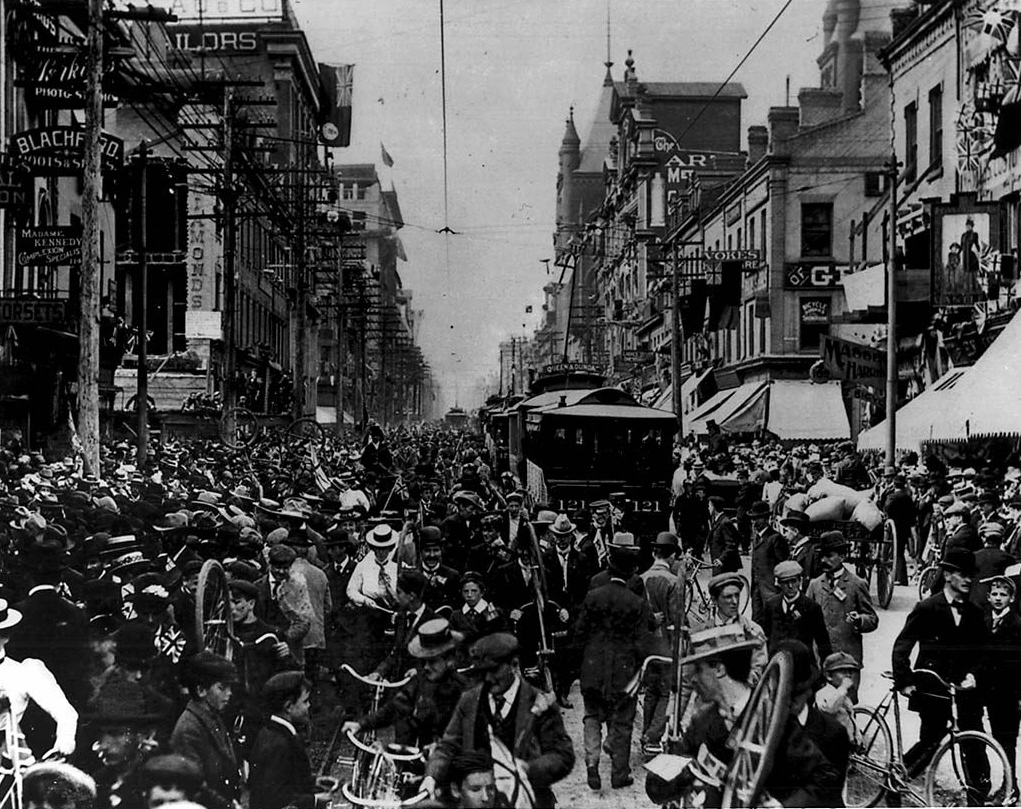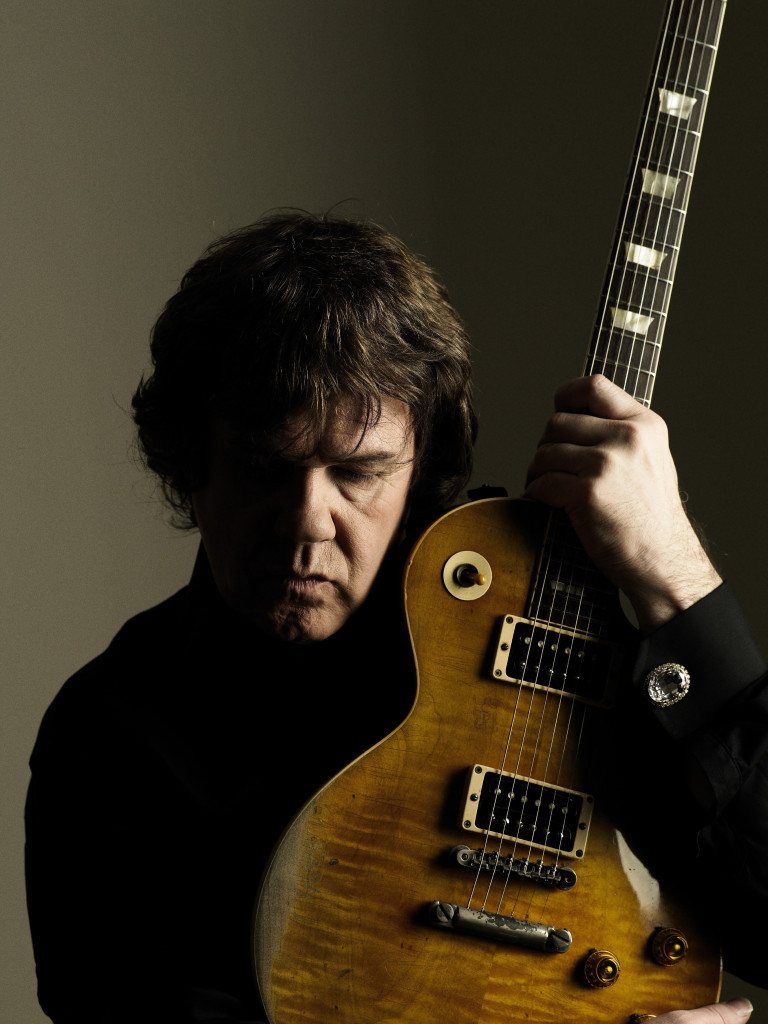The war of 1812 is getting all the press these days, but we shouldn’t forget our most shameful adventure in South Africa
By Liam Britten, Contributor
Eight days ago, Canadians spent two minutes of silence remembering the sacrifices of our soldiers in wartime. As a nation, Canada has fought in conflicts across the globe: the First and Second World Wars in the first half of the 20th Century, Korea in the 1950s, Afghanistan after September 11, Iraq in 1991, and Libya in 2012.
And when we remember our war dead and the wars our nation fought in, the conflicts above are probably what came to most of our minds. We may have even paused to remember the conflicts before Canada became a sovereign nation. The War of 1812 probably crossed the minds of more than a few of us, when Canadians bravely and defiantly turned back American aggressors invading the pre-Confederation colonies of Upper and Lower Canada. It’s especially easy to remember 1812 when there are heroic commercials on television and warships engraved on our coins.
But it’s unlikely that Canada’s first war as a sovereign nation crossed the minds of many. That would be the Second Boer War (also known as the Anglo-Boer war), a conflict in modern-day South Africa fought between the British Empire and Dutch-descended Boers from 1899 to 1902. This colonial conflict was fought for the same reasons as many before it: resources (in this case, the vast mineral wealth of South Africa, including gold and diamonds) and control over the native population who would serve as cheap labourers.
But what makes this war so disturbing and so rarely remembered were the tactics Imperial Britain used. By the war’s end, over 100,000 Boer and black civilians had been sent to concentration camps, where over 44,000 would die.
And Canadian soldiers, 7,368 of them, participated in every step of the way.
For queen and country
Why did this happen? Why did Canada take part in such an ugly conflict using the most despicable methods of war, save perhaps the extermination camps of the Nazis?
It was true that Canada, at the time, was a mere dominion of Britain, and therefore we went to war when they did. But notions of being dragged into depravity by our colonial masters are insufficient. In truth, Canada embraced the chance to go to war on Britain’s side with great enthusiasm. Many of us were British at the time, or at least of British descent. In English Canada at least, there was no doubt that we should be involved.
And why not? This should have been an easy war for the powerful British, and indeed, the conventional war lasted but a year, until the Boer nations, Transvaal and the Orange Free State, were conquered. However, the Boers in the annexed land refused to give up. Their outmanned and under-equipped combatants began fighting a guerilla-style war that the British were unable to counter effectively.
To turn the tide, the Imperial forces began using “scorched earth” tactics against Boer civilians who were aiding the guerillas with supplies and shelter. Livestock was confiscated. Crops were burned and the fields were salted. And eventually, the British decided that that the best way to keep the non-combatants from providing aid would be to keep them under guard in overcrowded, filthy disease-infested concentration camps.
Most of the prisoners were women, children, and the elderly. Separated by race, it is believed that roughly 28,000 whites died, and 16,000 blacks died.
Selective memory
Outside of history majors, few Canadians today know anything about the Second Boer War. It concluded 110 years ago, and has been out of our living memory for decades. Even books in our schools barely mention the issue. When I was taking Grade 12 history in high school, it was given a passing mention as some war that preceded World War I.
And of course, it’s easy to see why no Canadian would even want to remember it. It was a war where we and our allies were undoubtedly the bad guys. Canada was nothing more than a colonial henchman out to help Britain do her dirty work, subjugating yet another nation for the “Empire On Which the Sun Never Sets,” using the most barbarous methods imaginable to set up a country that would later become apartheid South Africa. Not exactly a feat to be proud of.
But it seems ironic that the Harper Government is spending millions this year lionizing the War of 1812, a war “Canada” wasn’t even alive for. Yet at the same time, Canadians remain woefully uneducated about the war that was the most shameful in our history. It seems as though all the effort the Conservatives have put into remembering one old war is matched only by our collective effort as a people to forget another.
One thing I truly feel that Stephen Harper has done right as Prime Minister has been apologizing to the Aboriginal peoples of this country for the hundreds of years of oppression they were forced to endure under the yoke of colonialism. It didn’t change much, but it was an admission that we were in the wrong, and I feel it should count for something. Perhaps we owe the people of South Africa the same courtesy. It may have happened over 110 years ago, but it would be a start.
The real value of service
Vimy Ridge. Normandy. Peacekeeping in Yugoslavia. This is what comes to mind when we think of Canada’s military. And obviously, these were gallant successes against despicable enemies—the aggressive German Empire, the Nazis, and the genocidaires of Southern Europe.
But we have to be honest with ourselves. To simply pretend that our nation has never done anything wrong in wartime is childish escapism. We owe it to the victims of South Africa to remember.
We also owe it to our veterans and the men and women serving in our armed forces today to remember. We owe it to them because we cannot truly appreciate the gallantry, dignity, and professionalism that they have served with until we acknowledge that it is not simply a natural outcome of being Canadian. Like any other nation, we are as capable of monstrosity as we are capable of heroism in the face of combat.
Image from WikiMedia Commons of Canadians celebrating the end of war.


